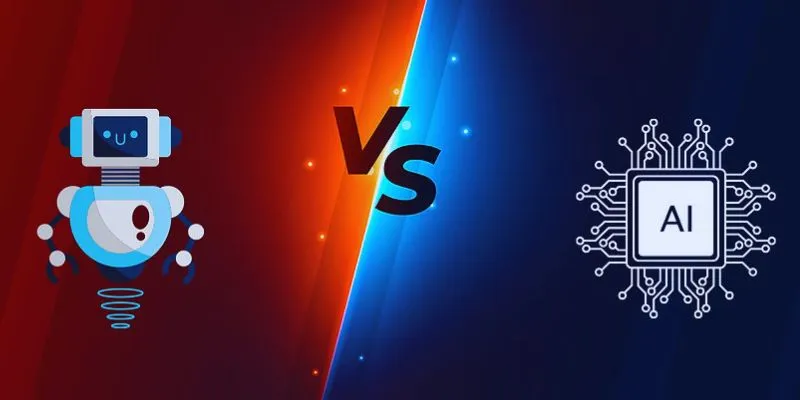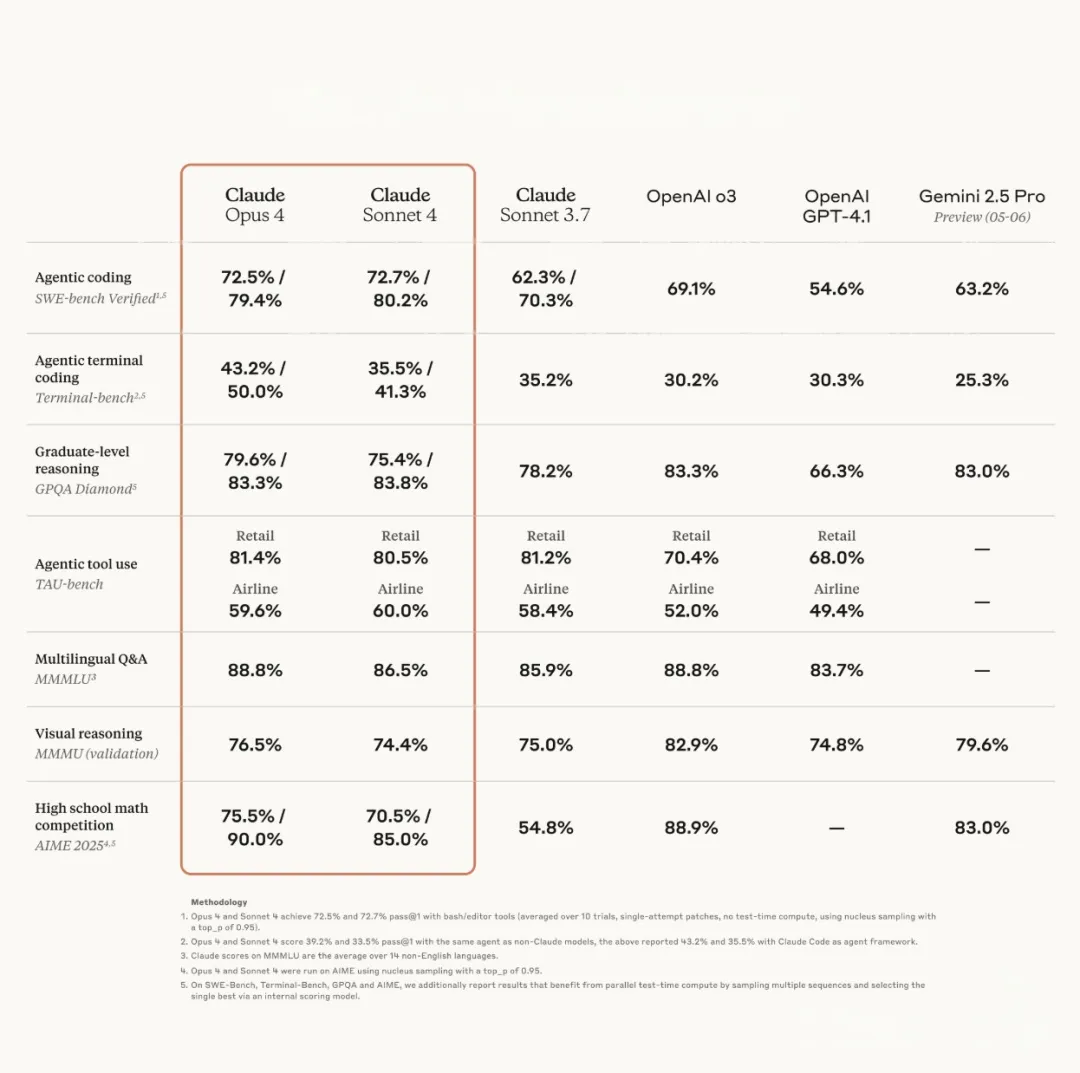Scammers are always on the lookout for new ways to deceive people, and emerging artificial intelligence (AI) technology offers them powerful new strategies. For instance, AI makes it easier for hackers to impersonate someone through text or recordings, complicating safe communication online and over the phone.
Today, individuals of all ages are becoming victims of AI scams across various fields, including banking, social media platforms, and more. The best way to prevent these AI frauds is to be cautious of suspicious messages, avoid clicking on unknown links, and never believe that AI-generated data can truly mimic someone you know. If you’re keen to learn about AI scams and how to stay safe online, read on to the end!

What Are AI Scams: An Understanding
AI scams involve using artificial intelligence to target individuals in innovative and tailored ways. The growing advancement and popularity of AI have indeed made it easier for hackers to commit cybercrimes like robbery and identity theft. For example, scammers create websites, emails, fake videos, audio clips, and images that resemble trustworthy people to deceive others. They accomplish this using AI.
AI systems learn how an individual appears and then create a representative likeness of that person. Moreover, AI can learn speech patterns and replicate phone conversations. Additionally, AI can generate realistic videos of individuals doing or saying anything, which can be used for scams. Therefore, AI-powered scams pose significant risks, necessitating heightened awareness and vigilance.

What Are Different Types Of AI Scams?
Scammers use AI to confuse unsuspecting users in various ways. However, by familiarizing yourself with the different types of AI-related frauds circulating the internet, you can protect yourself and those around you. Let’s delve into the different types of AI scams:
AI Voice Cloning Scam
In voice cloning scams, certain AI tools can capture a brief recording of an individual’s voice and then replicate it. Scammers use this mimicked voice to trick you into sending money or revealing private data like passwords, PIN codes, and social media accounts. Voice cloning is often used in scams where the perpetrator pretends to be a family member in distress, requesting immediate help. To avoid AI voice scams, be wary of following instructions from pre-recorded voicemails , especially if they request personal data. If a relative or friend calls with an urgent need for money or information, ask a few questions to verify their identity.
AI Deepfake Video Scam
Deepfake videos are AI-generated clips that can depict fake individuals or mimic real people. These videos are incredibly convincing, especially when combined with cloned audio. Deepfake videos often involve celebrities or politicians due to the abundance of footage available for AI to analyze. It can be challenging to determine if a video is fake or real. However, checking the source of the upload is one way to verify authenticity. If the video is shared on an individual’s official account, it may be genuine, but caution is advised.
AI-Generated Websites
Scammers may use AI to create fraudulent websites, providing access through email or social media. A fake online store, for instance, might offer popular products at significantly reduced prices with limited-time deals to prompt swift transactions. However, criminals might misuse your payment information for unauthorized purchases. The convincing nature of these websites often leads victims to realize they’ve been scammed too late.
AI-Driven Investment Scam
AI investment scams lure individuals into investing by promising substantial returns or enticing them to join fake stock trading platforms. Hackers use AI to create misleading social media profiles, events, and websites that propagate false investment opportunities. AI can even manipulate stock values. AI-powered investment platforms use fictitious data and testimonials to create an illusion of success. Once you invest, your money is gone, or scammers may misuse your information to withdraw funds from your bank account. To mitigate risk, avoid investing in anything advertised online.
How To Stay Safe From AI Scam?
Combating AI scams requires awareness, careful planning, and the right tools. Understanding how AI is used in scams equips you to recognize attempts to deceive. It’s also crucial to enhance privacy on your electronic devices. Even if scammers attempt to trick you, safety measures can offer protection. Here are some additional tips to avoid AI scams:
- Stay Vigilant for Impersonation: If something seems off, you might be at risk of being deceived. Remember, the “person” you’re interacting with online may not be who you think they are.
- Resist Pressure to Act Immediately: Scammers often press for immediate responses, threatening penalties or missed opportunities. In such situations, take a breath and remain calm. It’s advisable to pause and refrain from responding for a few hours or days.
- Secure Your Social Media Accounts: Hackers can exploit personal data from your social media profiles to impersonate you. To minimize this risk, set your accounts to private and avoid sharing personal or inappropriate content.
- Create Unique Passwords: Always use unique usernames and passwords, sharing them only with trusted individuals. Avoid sharing them via email unless absolutely necessary.
Conclusion:
AI technology is advancing rapidly, enabling scammers to employ new techniques to exploit people. Hackers can use AI tools to blackmail individuals, easily replicating voices, capturing images from social media, and manipulating them to create misleading scenarios. They can hack social media accounts to extract personal information and extort money. Sometimes, people unwittingly click on links and provide personal information, only to realize later that they’ve been scammed. To stay safe online, it’s vital to secure your accounts, set privacy settings, and avoid sharing personal information on any site.
 zfn9
zfn9






















